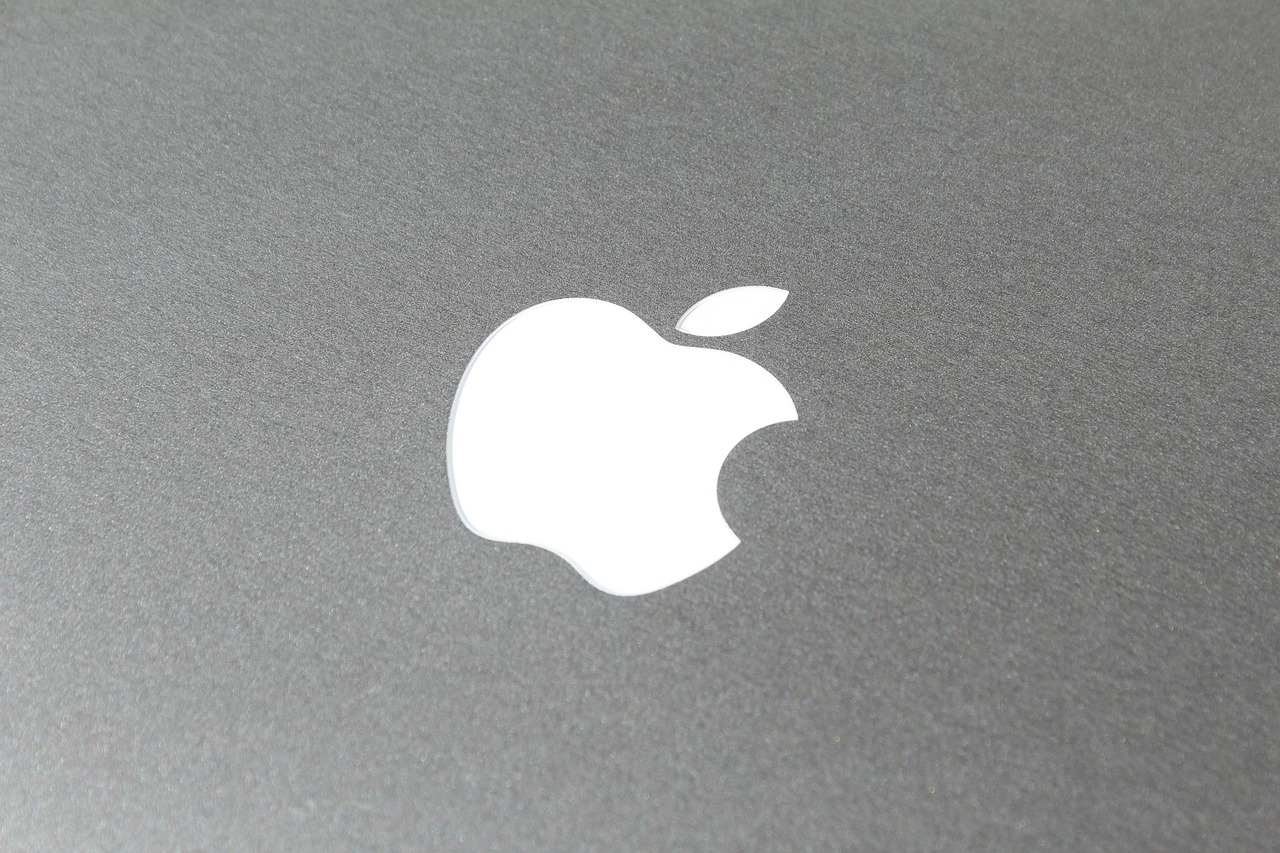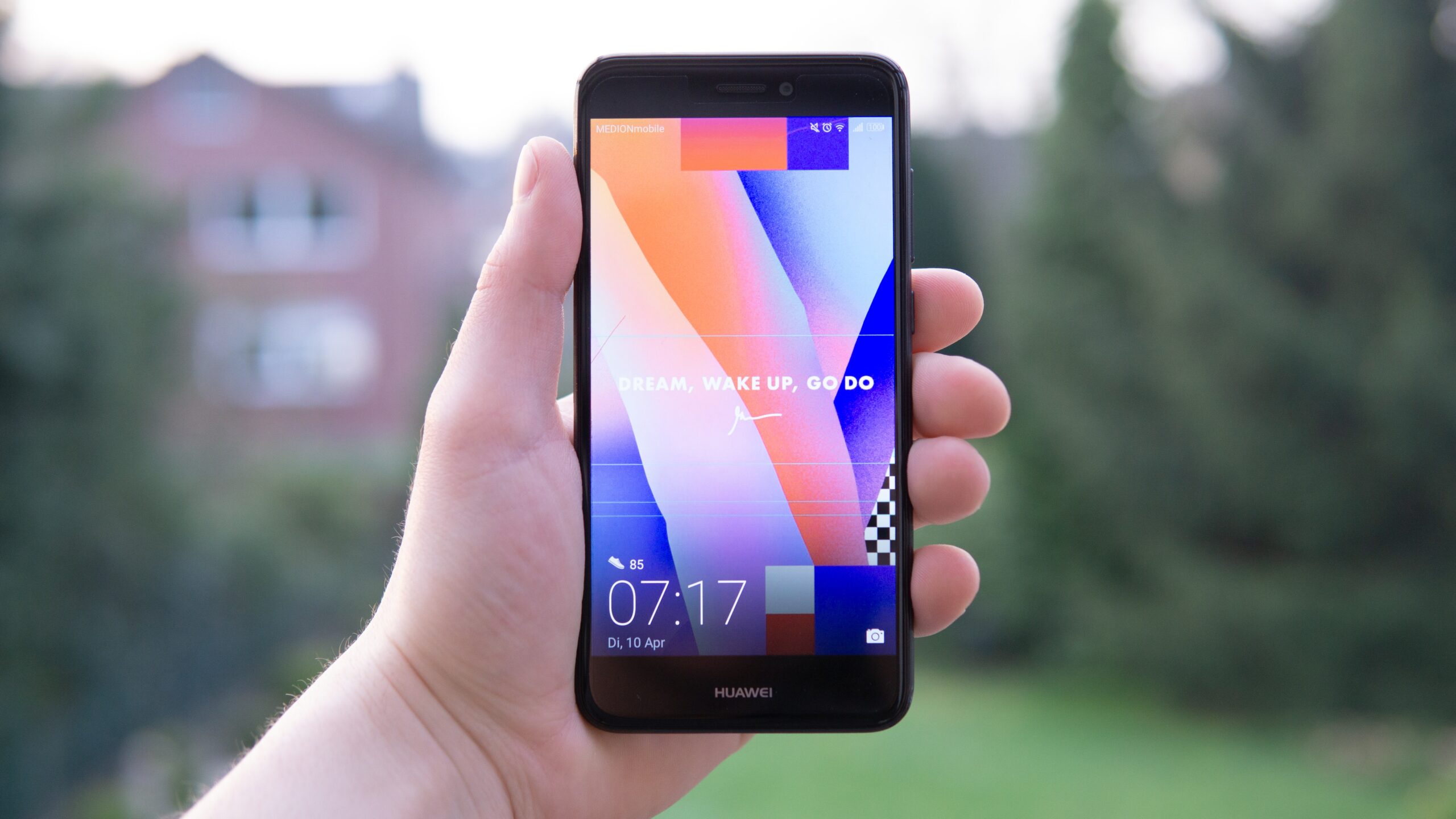Application is installed without the consent of cell phone owners. Government explains.
Teachers and students of the São Paulo State Education Network woke up this Wednesday, the 9th, with an application installed on their personal cell phones without having given permission to download it. The Minha Escola SP application was displayed on the Android devices of students or individuals who work in public schools.
Experts say that installation without consent is technically possible, but it violates the General Data Protection Law (LGPD). The Ministry of Education has an agreement with Google for the use of its educational platform, and this explains why this type of installation is conceivable. This is because the mechanism has to be done through the Play Store, the app store for Android phones. IT technicians explained that mass installation is impossible without the mediation of the phone manufacturer or Google. Read on to find out more.

What happened?
The Minister of Education of São Paulo, Renato Feder, stated that an error occurred in a test that was being carried out. When the tests were carried out on 20 thousand cell phones received from the Federal Revenue Service and sent to the network, there were mass installations. The new application appeared as a recommendation on all cell phones connected to the assistant's system.
What will be done?
In addition to this application, the state also has others, such as one that works as a digital agenda classroom. Following reports from parents and teachers of students in the São Paulo state network that the “Minha Escola” app was installed en masse on cell phones without consent, the Minister of Education announced on Wednesday (9) that he had opened an administrative process to investigate the case.
Feder explained that if an error was detected that caused the application to be installed on a device linked to the institution's Google account, the government will make a request to delete the application and cancel it, for the time being.
The user can also delete the application himself if he wishes.
Google Explanations
Google said in a statement that the Google for Education platform is “in use by several educational institutions in Brazil and around the world.” The company stated that administrators of the educational institution are responsible for managing, configuring, administering and controlling user data, as well as registered devices.
The tech giant also concluded that it was not involved in the development or installation of any of the mentioned apps.
Legal measures
According to José Milagre, a lawyer specializing in cyber crimes, one option is that the government has handed over to Google its database of Imei (cell phone identifier), phone numbers or emails associated with the Ministry of Education.
Milagre says that the installation can happen through a corporate chip or a national Google account. It can also occur with an operating system update.
For Ronaldo Lemos, lawyer and president of the Technology and Innovation Council of the OAB-SP, the mass installation of applications is very worrying. There is strong evidence of misuse of individual data and this may fall under the Data Protection Law.
General Data Protection Law
In September 2020, the General Personal Data Protection Law (Law 13,709), adopted in 2018, came into force, the main objective of which is to regulate the processing of personal data of customers and users by state and private companies.
In case of non-compliance with the rules, the State Data Protection Authority (ANPD), a tool that monitors data use, can initiate administrative proceedings that may result in sanctions.



